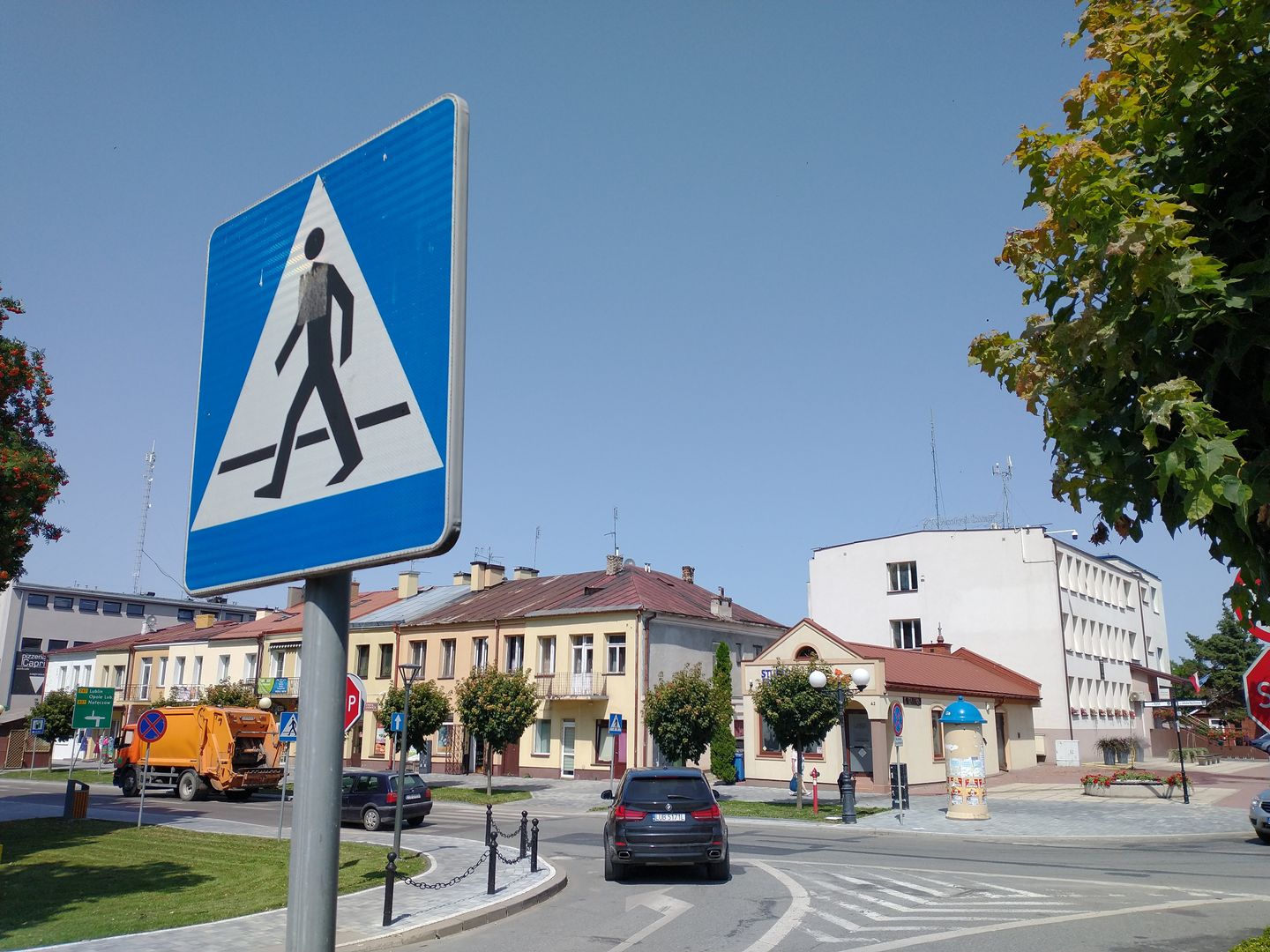Bełżyce
6.81

Overview
Bełżyce is a town in Poland, located in the Lublin Voivodeship, with a rich history dating back to its establishment in 1417. Situated on the Krężniczanka River and surrounded by the Bełżyce Plain, the town serves as the seat of the urban-rural municipality. Architecturally, it stands out with its late Renaissance parish church dedicated to the Conversion of St. Paul and a reconstructed 14th-century castle, which now houses the Bełżyce Castle Foundation. Also noteworthy are the former inn from the turn of the 18th and 19th centuries and the 19th-century Jewish cemetery, both highlighting the region's diverse history. The cultural life of Bełżyce is shaped by several institutions, including the Municipal Public Library and the Municipal Cultural Center, which organize numerous cultural events, including theatrical performances, continuing local traditions that date back to 1913. Historically, the town was a center of Calvinism and hosted gatherings of Lesser Poland's nobility in the 15th century. Bełżyce also endured difficult times during World War II when the Germans established a ghetto here, and after the war, many residents were involved in independence activities. In 1958, the town regained its municipal rights, and since the 1970s, it has developed its infrastructure, including sports and educational facilities, while reviving its local soccer tradition through the now well-known club Tęcza Bełżyce, which was renamed Unia Bełżyce in 2021. Bełżyce also has partner towns, fostering cultural exchange. As part of Lesser Poland, the town offers much in terms of history and architecture, and its rich cultural traditions and heritage affirm its status as an important regional center.
Location
2026 Wizytor | All Rights Reserved